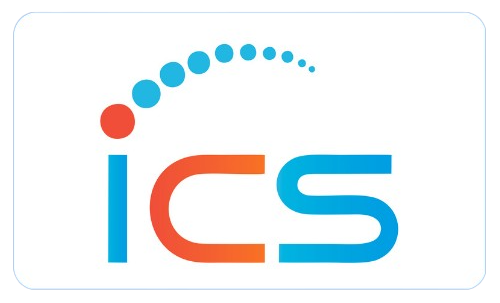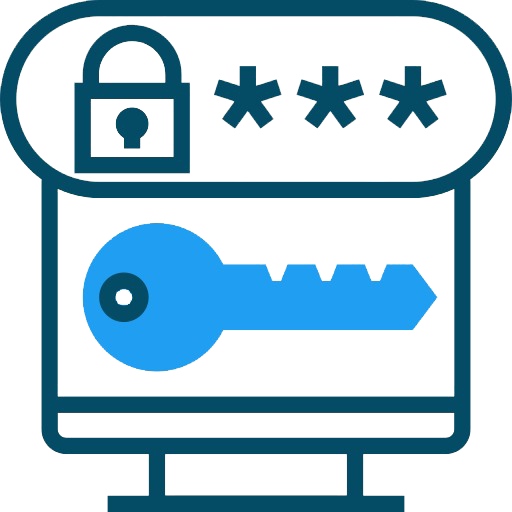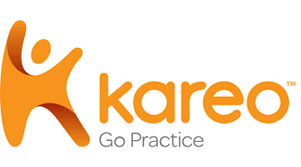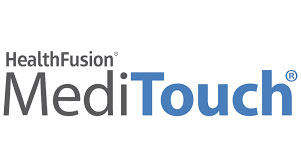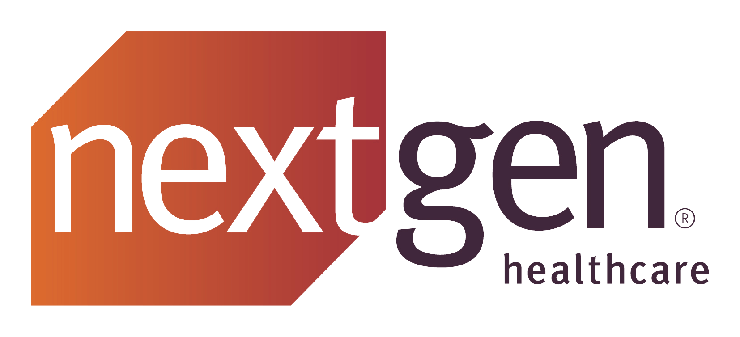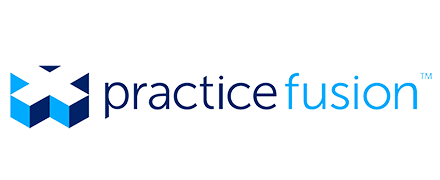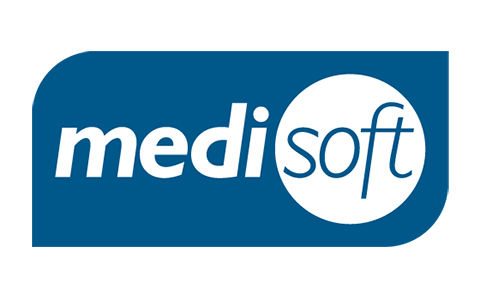Researching on the denials and re-submitting the clean claims is quite a frustrating and time-consuming, tedious process. Thereby, it’s essential to have a claim denial management strategy in place so that you can quickly identify the reasons for the denial, resolve the issues, recover the payment, and prevent further denied claims. The longer you wait to re-submit the claims, the higher the chances of not recovering the maximum reimbursement amount from the payers. Or, even the worst part is that you won’t be able to recover a single penny.
Did you know that the healthcare industry experienced an average claim denial rate of 5-10%? However, the good news is that about two-thirds of these denials can be recovered with proper re-submissions, and nearly 90% of them are entirely avoidable.
Keeping in mind the above facts, how can you ensure the claim denial rate for your practice is below 5%? Let’s look at some of the everyday struggles arising from claim denial management and how you can improve them using proactive solutions.
Check Patient Eligibility and Insurance Coverage
The very first obligation of the front office is to verify the insurance coverage and the patient’s eligibility benefits before scheduling an appointment or providing the services. This will ensure that the submitted claims don’t get rejected for any such reason. In fact, it is mandatory to obtain an authorization number or a referral in certain circumstances, else the claims might get rejected by the payers.
Normally, the authorizations are active for a specific time range and might get expired if not used during that date. Also, some authorizations cover a period and/or a specified number of patients visits or treatments. However, one must note that there is no guarantee of payment even after obtaining the prior authorization.
To reduce the claim denials, make sure that the submitted claims are complete in all respects and must fulfill the following certain conditions:
- It must be evident and supported by the medical necessity and other related documents;
- It must be submitted or filed within the specified timeline; and
- It must be filed by the insurance provider already mentioned in the authorization or the referral.
File Claims On Time
The different insurance payers have different requirements for filing the claims. If you miss a deadline, you will miss the chance of getting the payment, i.e., your claim will be denied. Therefore, try not to risk the claim denials simply because of an office backlog or an oversight. Instead, make an effort to develop the processes and cheatsheets to ensure all the deadlines are timely met.
You can initiate the process by using the patient schedule as the beginning point to file all the claims on time. Thereafter, establish the routine of checking with the payers regarding receiving all the claims, even if submitted electronically. Even though the clearinghouse might depict a successful transmission to the insurance providers, several instances have been heard in the healthcare industry where even the electronic claims never reach the payer and slips through the cracks.
Keep track of the Claims
Keeping track of the claims throughout the entire payment process is another simple hack to reduce the denials. This will help you in identifying the problem and the probable solution to get the claim paid. A recent study by one of the doctors from the University of California found that the medical practices spend around 8-14% of their total revenue on the clerical follow-up of the rejected claims. Therefore, the need for an hour is to opt for a better and more cost-effective solution of collaborating with the offshore medical billing company in India. Such companies employ proactive solutions in processing the claims correctly to get the claims the very first time.
Moreover, if you still receive denials in claims, make sure to appeal them. According to the MGMA, only 35% of the healthcare providers appeal against the claim denials, losing the opportunity to get reimbursed. Therefore, this amounts to leaving the reimbursement money on the provider’s table provided the fact that such revenues can be recovered simply by automating the insurance billing procedures.
Additional Hack
Apart from the above simple hacks, another best way to reduce the claim denials is to outsource your medical billing tasks to one of the experienced medical billing companies in India. Outsourcing proves to be the best option, provided it has been outsourced to the Info Hub Consultancy Services (ICS). Moreover, it can be quite challenging to deal with the denials using the trained staff compared to the expert billers and coders. In fact, it is the most cost-effective option to go in for the medical billing and coding services outsourcing to Info Hub Consultancy Services and rely on their denial experts’ services. They are well-known for maintaining the perfect balance between denial management services and professionals dedicated to understanding the rejections and denials reasons to deal accordingly.
